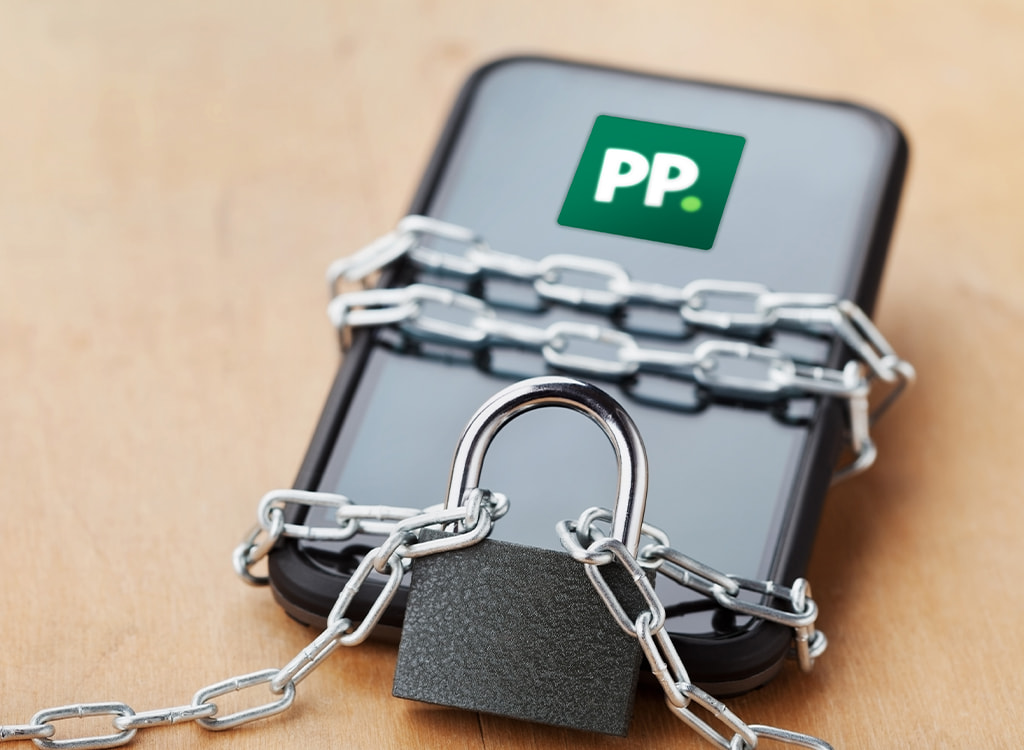Flutter’s Brands Compromised – Could It Happen to Your Favourite Casino?
In July 2025, Flutter Entertainment – the company behind Paddy Power, Betfair, Sky Bet, and Tombola – confirmed a serious data breach affecting up to 800,000 users. While no payment details or passwords were exposed, cybersecurity experts are warning of more sophisticated scams targeting players in the aftermath.
This was not just a minor glitch. It was a coordinated cyberattack targeting one of the gambling industry’s biggest names. So what does this mean for you and how secure is your favourite casino?

This kind of breach is a reminder that staying safe online isn’t just about strong passwords. it’s also about spotting warning signs before they catch you out. Even if your account wasn’t directly affected, scammers are now using AI to craft emails that look and feel real. That makes it more important than ever to understand how these attacks work, what happened in this case, and what you can do to protect yourself going forward.
What Happened in the Flutter Data Breach?
According to Flutter, the breach originated from a compromised third-party tool used within its UK and Ireland operations. Attackers gained access to:
- Email addresses
- IP addresses
- Account activity logs
Initially confirmed for Paddy Power and Betfair, the impact may also extend to Sky Bet and Tombola, though full details have not been disclosed. Flutter has said no financial data or passwords were leaked.
That might sound reassuring, but attackers can do a lot with behavioral data. Login times, devices used, and betting history can all be used to create tailored phishing attacks. According to a report by TechRadar, criminals are likely to exploit this information using AI-generated messages designed to impersonate official casino communications.
The threat is not just about what was taken. It’s about how that information can now be used against players.
Why It Matters for Online Casino Players
This breach highlights how vulnerable many players still are to social engineering. Consider this:
- Many users reuse the same email across multiple gambling accounts
- Emails from trusted brands are often opened without hesitation
- AI makes it easy to generate realistic messages based on personal activity
Scammers do not need your password if they can trick you into giving it up. If an email mentions your recent activity, favorite team, or betting history, it instantly feels more credible. And that is exactly what these criminals are aiming for.
How to Protect Yourself
Here are some straightforward ways to keep your casino accounts safe:
- Be cautious with all emails. Hover over links and double check domains
- Never re-enter card details or passwords through a link in an email
- Use a dedicated email address for gambling sites
- Enable two-factor authentication (2FA) if the casino offers it
- Regularly check your casino’s security section for updates and policies
Staying alert and taking a few basic steps can protect you from most phishing attempts, no matter how advanced they seem.
Could It Happen to Other Casinos?
Yes – and probably more easily than most players realise. The breach at Flutter was traced to vulnerabilities in third-party tools, and plenty of other casinos depend on similar external services to handle everything from email campaigns to tracking and user analytics.
When those services aren’t secure, even well-known brands can be exposed. Smaller casinos, in particular, may not have the resources to thoroughly vet every tool they integrate or the expertise to monitor for potential weaknesses in real time.
Add in high-volume marketing tactics and the risk grows. If a site bombards users with emails or runs promotions through unclear affiliate chains, it becomes harder to spot a scam. Not every phishing attempt will look fake because some are designed not to.
Red flags to watch out for:
While no single detail proves a casino is unsafe, certain signs should make you think twice. These red flags often point to weak security practices or poor oversight, and spotting them early can help you avoid phishing risks or data leaks.
| ⚠️ Warning Sign | What It Means |
|---|---|
| No licence | The site may not be legally regulated or accountable |
| No HTTPS | Your data isn’t encrypted – login info could be intercepted |
| Spam email tactics | Overly pushy or urgent offers may be phishing attempts |
Even if your current site has not reported a breach, it is worth checking their privacy and data security approach, especially if you have reused logins or personal details elsewhere.
What to Do If You’re Worried
If you’re unsure whether your account details were exposed (or just want to be cautious) there are a few simple steps you can take. These actions can reduce your risk, tighten your security, and help you stay ahead of potential scams.
| 🛠️ Step | Why It Helps |
|---|---|
| Change your password and email | Prevents reuse across breached or vulnerable accounts |
| Contact your casino’s support | They may confirm a breach or flag suspicious access |
| Monitor your inbox | Watch for phishing emails tailored to your past activity |
| Set up account alerts | Get notified if someone logs in or tries to withdraw |
| Report suspicious messages | Alerts the casino and helps prevent broader attacks |
Safer Casino Habits
Using a password manager is one of the easiest ways to protect your accounts. It helps you avoid reusing the same login details across multiple sites, which is a common weakness scammers exploit once even one site has been breached.
Avoid linking your casino accounts to social media profiles. It might seem convenient, but it increases your exposure if either account is compromised. Stick to sites that are properly licensed and clearly display their privacy policies and ownership information.
Take a moment now and then to review your casino’s terms and any updates to their security settings. And always be careful with emails, especially bonus offers or urgent messages that pressure you to act fast or enter personal details.
While we carefully vet the casinos we recommend, no system is completely immune to external threats. If you’re looking for trusted options, check out our list of best online casinos to find sites that take security and player protection seriously.
